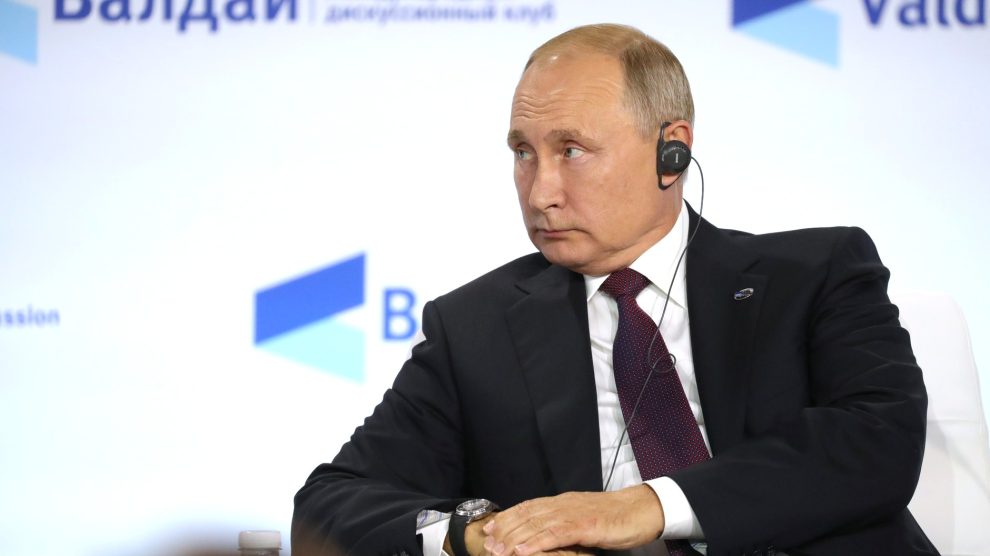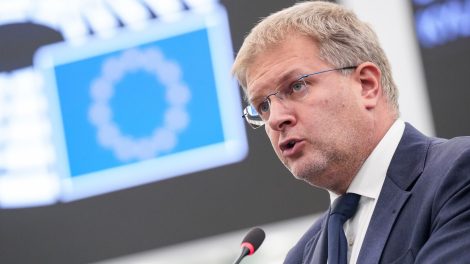Moscow is looking at Rome. “The political positions in Italy change very fast,” said Elena Maslova. She was speaking at an expert panel organised by the Valdai Club, a Moscow-based think tank and discussion forum closely associated with President Vladimir Putin. The event was titled “Rightist Italy: What Should Russia and the World Expect from the New Government?”
- Ms Maslova herself is an associate professor at MGIMO (a higher education institute under the umbrella of the Russian Ministry of Foreign Affairs) and a Senior Research Fellow at the Institute of Europe of the Russian Academy of Sciences.
Will it break ranks? The Russian analyst recalled what Giorgia Meloni, leader of Brothers in Italy and prospective Italian PM, wrote on Twitter in 2014. “It is right that the people should express themselves on the future of Crimea in a referendum.” Thus, she appeared to signal a change in Italy’s position on the Russian aggression against Ukraine.
- She also underscored that Italian export and tourism are “very sensitive” areas for Italy-Russia relations, and the Italian Ministry of Foreign Affairs is accountable for the country in terms of trade turnover. The implicit reasoning: the economy and trade themselves justify sanctions relief.
But… as Igor Pelicciari, Professor at the University of Urbino, said during the event, “it is unrealistic to think that Rome’s policy towards Russia will change in the short to medium term.” If anything, because of “the weakness of the political class as well as the Italian position within NATO and the EU,” he argued.
- Also, recent pro-Russia statements (such as the ones made by Ms Meloni’s allies, Silvio Berlusconi and Matteo Salvini) are “highly unlikely” to translate into government action, “at least as long as the current Russian-Ukrainian crisis lasts.”
- “The Draghi government marked a breaking point” with “direct coordination with Brussels and Washington” and by “claiming, often rhetorical, primacy in the political opposition to Moscow, starting with the opposition to the Sputnik V vaccine”, he added.
May we add: continuity is the name of Ms Meloni’s game, as she repeatedly demonstrated. Just yesterday, as Rome worked on the fifth weapons package to Ukraine, she spoke over the phone with President Volodymyr Zelensky and confirmed her full support for his resistance against the Russian invaders.
(Credits: Kremlin.ru)





